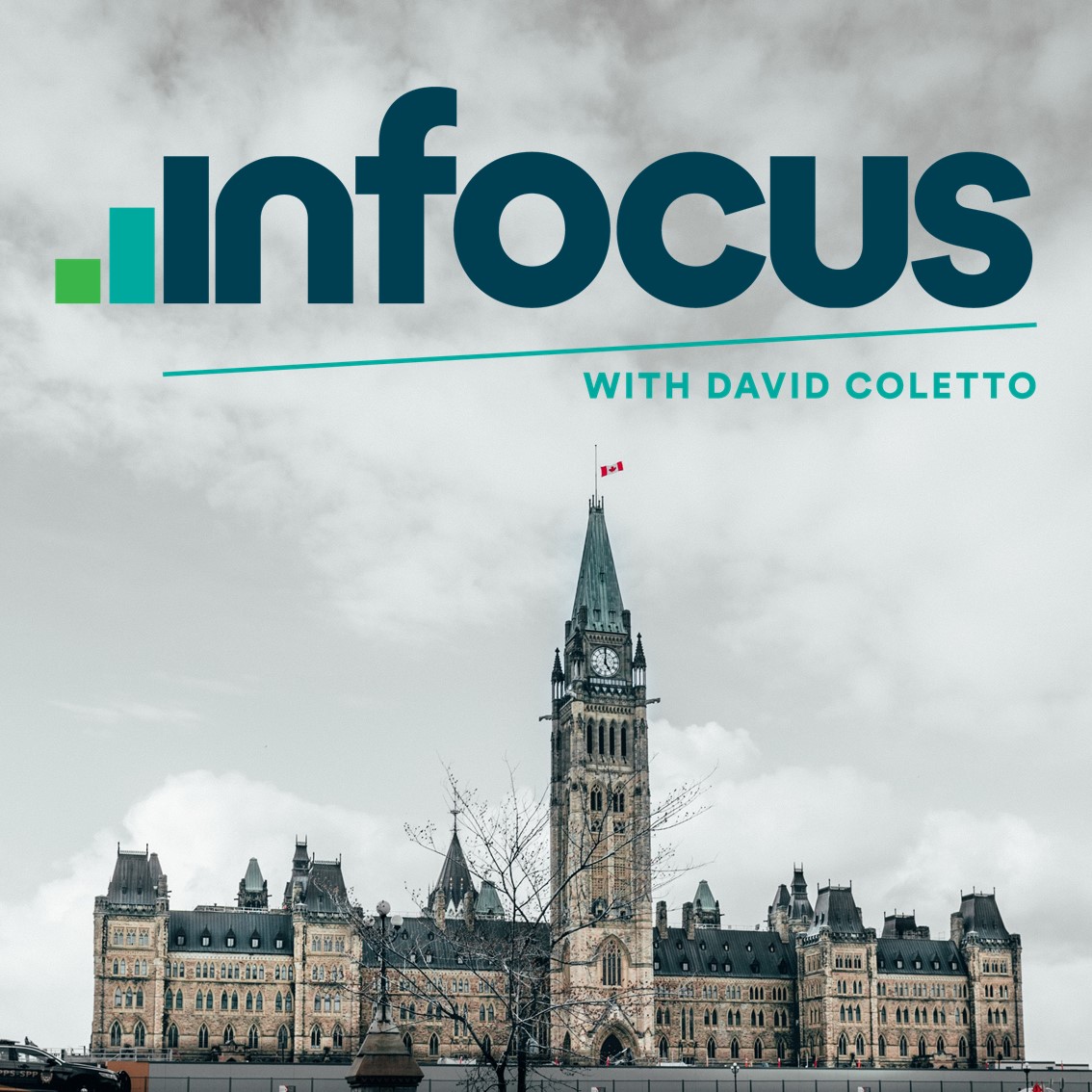Episode Transcript
[00:00:00] Foreign.
[00:00:19] Well, hey there. Welcome back to In Focus with David Coletto. I'm David Coletto. It is 6:30, 30 in the morning, and we're unpacking still the Results of the 2025 Canadian federal election. An election that defied expectations, tested assumptions, and reminded us that in politics, as in life, things can change fast. As of early this morning, Mark Carney and the Liberal Party are headed back to Parliament with a fresh mandate. A minority government having won or are leading in 168 seats, compared to 44 for the Conservatives. The Bloc at 23, the NDP just seven, and the Greens one seat. Now, the Liberals also edged out the Conservatives in popular vote, 43.5% to 41.4%. So what happened? How did we get here? And how did the polls do? Let's dig in. Three months ago, this election wasn't supposed to be close. The Conservatives were leading by double digits. Justin Trudeau was deeply unpopular, and Pierre Poliev looked poised to cruise to a majority. But then came two events that changed everything. First, Trudeau resigned. The Liberal Party moved quickly to install Mark Carney as leader. A political rookie, yes, but a seasoned economic heavyweight. And second, Donald Trump returned to the White House, bringing with him threats of tariffs, annexation, and a whole new level of economic and political uncertainty. Suddenly, what began as a change election became something else entirely. Canadians weren't just choosing between parties. It seemed like they were choosing between stability and disruption between Carney and Trump, not just Carney and Poliev. Now, at Abacus Data, we have been tracking this evolution in real time. Over the course of the campaign, we surveyed more than 50, 15,000 Canadians. We ran nightly regressions, built a precarity index, and in our final sample of 2,500 eligible voters, we had the Liberals at 41%, the Conservatives at 39 and the NDP at 10. Pretty close to what unfolded. So, yes, our numbers were largely on. But like every pollster today, I'm feeling humble. We may have underestimated just how close this race would be, especially in tight battlegrounds like suburban Ontario and in the mainland British Columbia. The key takeaway, a two point national lead translated into a 24 seat advantage for the Liberals because, as we've noted, vote efficiency once again showing that where support is concentrated matters more than the total tally. For Pierre Poliev, it's a somewhat bittersweet result. His party gained over 20 seats. He increased the Conservative vote share to the highest level since the two parties merged in 2023. But he lost his own seat in Carleton, a riding in the suburbs and rural parts of Ottawa. His message, focused on affordability, housing and change, resonated in large parts of this country with millions of Canadians. But he failed to break through in others, and Donald Trump's chaos didn't help. Mark Carney, on the other hand, managed a rare feat. He entered politics for the first time in January, and three months later he became prime minister. He leaned hard into the idea that Canada needed a steady hand to navigate uncertain global waters, and clearly that message landed, especially with older voters and those most worried about Trump's threats. Turnout came in around 70%. Votes are still being counted about the same as it was, or maybe slightly higher than the 2015 federal election that saw Justin Trudeau win his majority, but higher than the last two. That's good news for democracy and also a factor that I think helped both parties. Older voters who lean more liberal were more likely to vote and who are more anxious about Trump, as our polls show throughout this campaign.
[00:04:22] Now we've launched this morning our Post Election survey, and we'll be releasing results of that in the coming days to dig deeper into why people voted the way they did, what pushed them, what changed their minds, when did they make up their minds? And what does this result mean for the future?
[00:04:39] I'll be talking more about all this next week at an Empire Club event in Toronto that I hope you'll come and register and come in and take part in the discussion.
[00:04:50] Look, this campaign reminded us that leadership still matters. Trust matters. And sometimes it's not about who people love most, it's about who they trust to steer the ship through these tough waters. Mark Carney won the selection by convincing enough Canadians that he was that person. I hope you've enjoyed these podcasts and the polling that we're doing at Abacus Data. Hope you've enjoyed the writing I did over on my substack. Davidcolletto.substack.com I'll continue to to use this platform to share research we do over the coming weeks and months. Until next time, thanks for listening and have a great.


